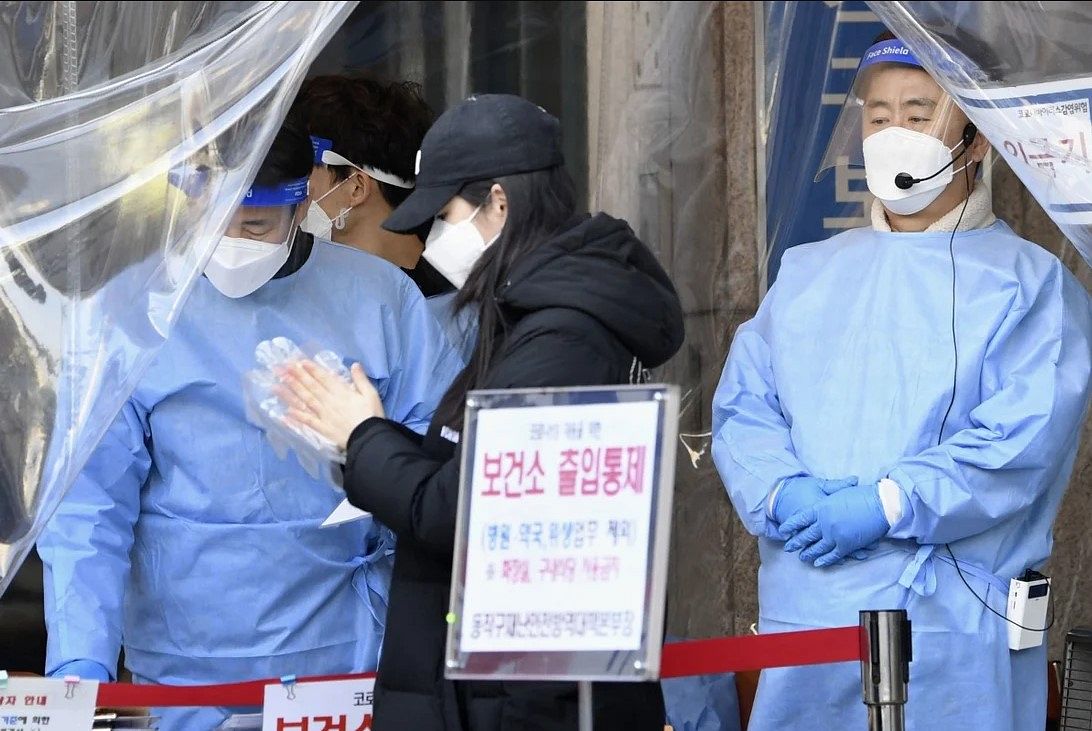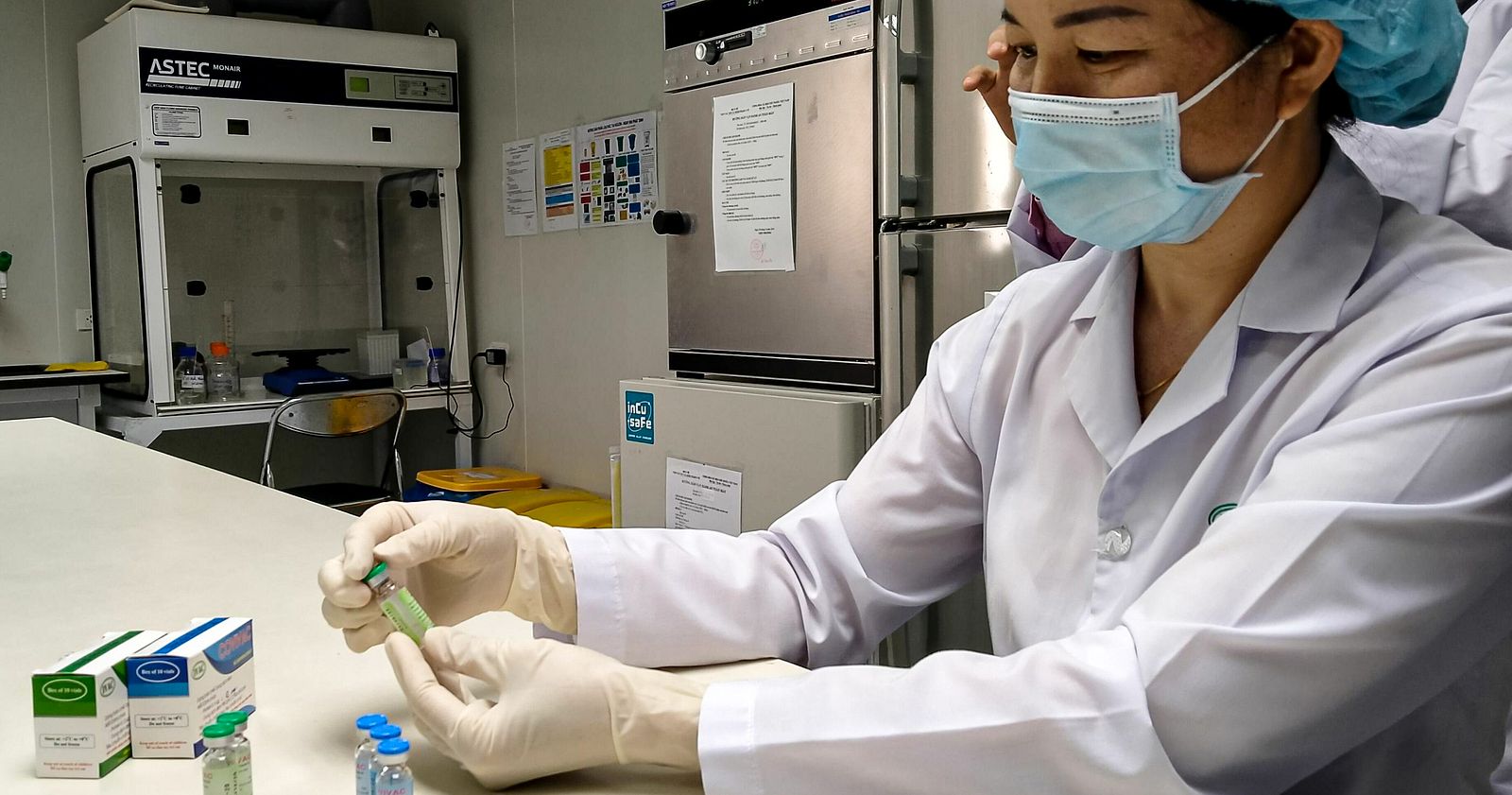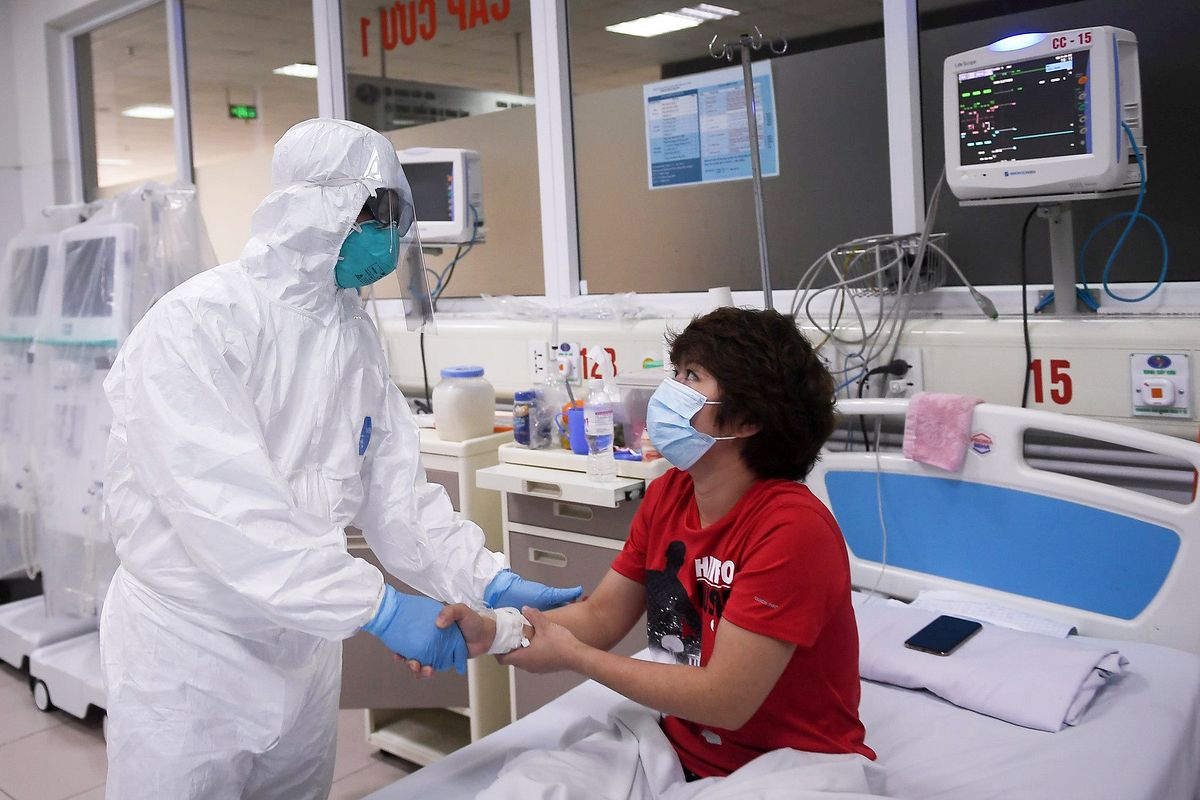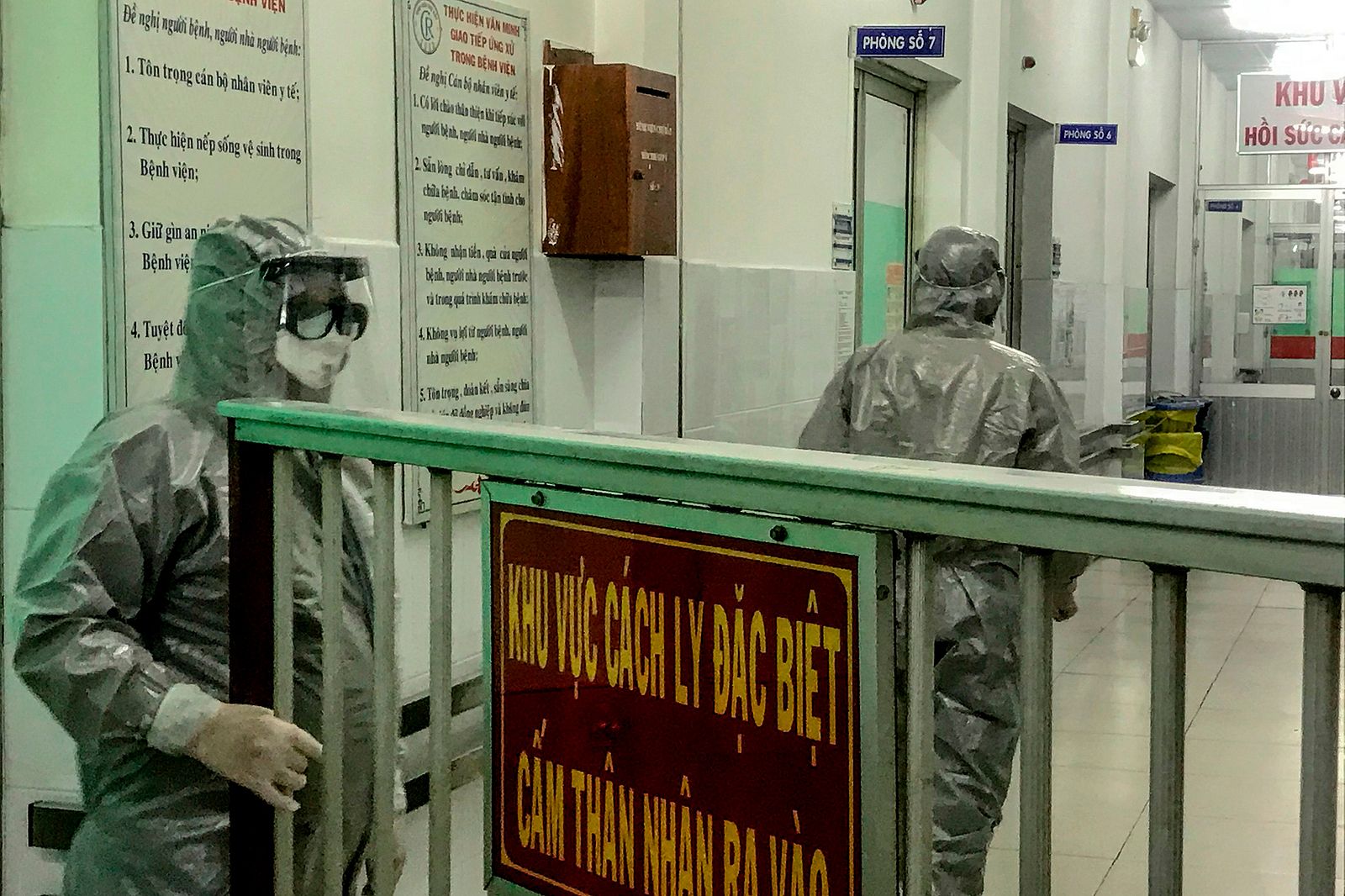It's our aldehyde dehydrogenase's fault.
Asian glow, Asian flush, or Asian flush syndrome are the terms that refer to a common condition experienced by many Asians: their face turning red after consuming alcohol. According to a study in 2007, this syndrome affects approximately 36% of people of East Asian descent.
The syndrome is very common in people of Chinese, Japanese or Korean descents, as well as communities with a large percentage of East Asian genes like Vietnam, Singapore and Thailand. When alcohol builds up inside our body, it will be broken down in two steps involving two different enzymes.
The first enzyme, alcohol dehydrogenase, turns alcohol in to acetaldehyde, a toxin. Normally, however, it will quickly be further broken down by the second enzyme, aldehyde dehydrogenase, into acetic acid, a harmless substance commonly found in vinegar. Those who have the Asian flush, however, have a defected version of the second enzyme, leading to an accumulation of the toxin in our blood.
Facial flushing is the body's immune response towards the accumulated acetaldehyde. Headaches, accelerated heart rates and nausea are also part of this response when the nasty substance travels through our blood to other organs.
According to a pretty comprehensive article by The Conversation, sufferers may have inherited one or two copies of the defected genes, resulting in their liver making defected alcohol dehydrogenase, which only retains 1% of enzyme activity.
This significantly slows down the process of getting alcohol out of their blood. If the amount of alcohol consumed is moderate to low, the Asian flush is relatively harmless as our liver will be able to break down the acetaldehyde over time.
Due to the unpleasant immune response, the flush usually discourage drinkers from going overboard, lowering risks of alcohol-related cancers. However, for those like your neighborhood uncle, who has the Asian flush but insists on over-drinking anyway, the lack of dehydrogenase means they're at much higher risks of alcohol-related cancers, like esophageal cancer or liver cancer.
Check out the detailed explanation, complete with funky visuals, in the video below:
[Video via Facebook page Vox | Photo via Doctissimo]














